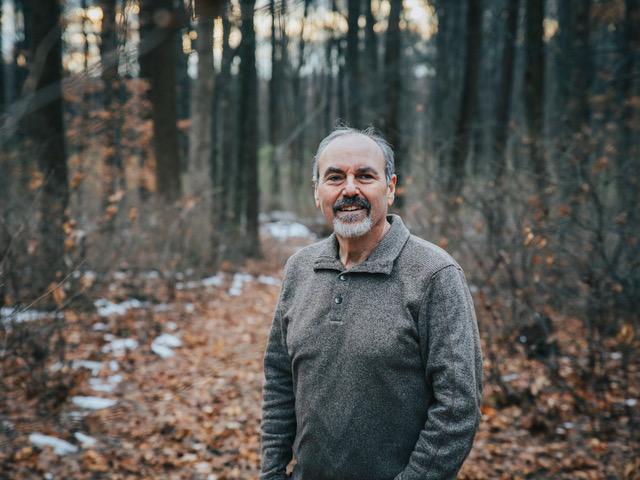David Winston has been fascinated by herbs since he was a boy. His obsession led him to become a sought-after herbal clinician and a founding member of the American Herbalists Guild. Since 1980, he’s also led a two-year training program in clinical herbalism. But even after many years and a long list of accomplishments in his field, Winston said the subject still stirs his heart.
“I just fell in love with this idea that I could walk out into the woods, which had always felt like a place of comfort for me, and find plants for medicine or for food. To me, it was the most marvelous thing in the world, and it was almost unimaginable that everybody else wasn’t equally fascinated by this,” he said. “Fifty-five years later, I am still just as in love with herbs and herbal medicine.”






